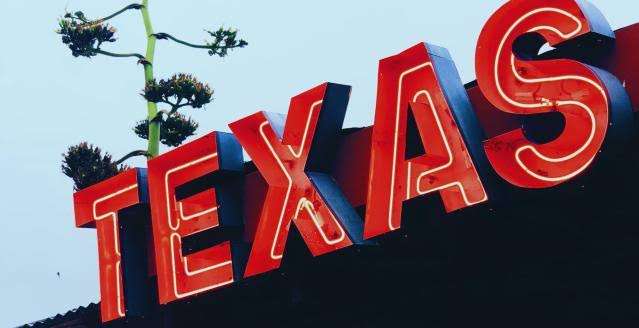Texas Blockchain Council (TBC) and Riot Platforms secured a favorable ruling from a US District Judge against several US energy officials.
In a case involving many US energy officials, a US District Judge ruled in favor of the Texas Blockchain Council (TBC) and Bitcoin mining company Riot Platforms.
According to media reports dated February 22, the Texas Blockchain Council and Riot claimed that the U.S. Department of Energy, Energy Information Administration (EIA), Office of Management and Budget (OMB), and its leadership were trying to obtain “invasive” data from bitcoin miners.
A filing made on February 23 in the US District Court for the Western District of Texas states that the TBC and Riot persuaded the judge that additional data collecting would cause irreparable harm unless a TRO was issued.
Consequently, the court upheld a TRO that forbids the EIA from releasing any survey data it has received and from asking crypto miners to reply to the survey.
“The Court finds that Plaintiffs have shown through a verified complaint and supporting evidence that immediate and irreparable injury, loss, or damage will result if a TRO is not issued.”
A genuine threat of punishment in the event of non-compliance, the exposure of sought proprietary information, and nonrecoverable costs associated with survey compliance are among the potential damages alleged by the TBC and Riot.
The length of time that miners were asked to fill out the survey for free also caused some friction.
The court found the 30 minute completion time estimate from the EIA to be “extremely inaccurate.”
According to Riot and the TBC, the cost of compliance up to this point has exceeded 40 hours, thus they too are challenging the estimate.
The court found in favor of TBC and Riot based on the facts presented. Further, it claimed that the EIA had abused its power by trying to get the emergency survey approved, which the court found “falls far short of justifying such an action.”
Also, the plaintiffs show that they have a good chance of winning based on the merits of the case. An emergency clause of the PRA was used to request and approve the survey, as mentioned in the filing.
It was also mentioned that the TRO will end before March 25 and that its goal for the four weeks will be to “preserve the status quo.”












